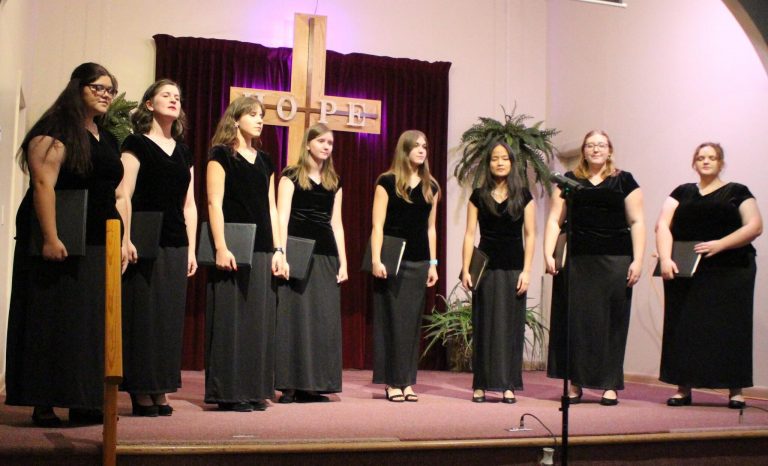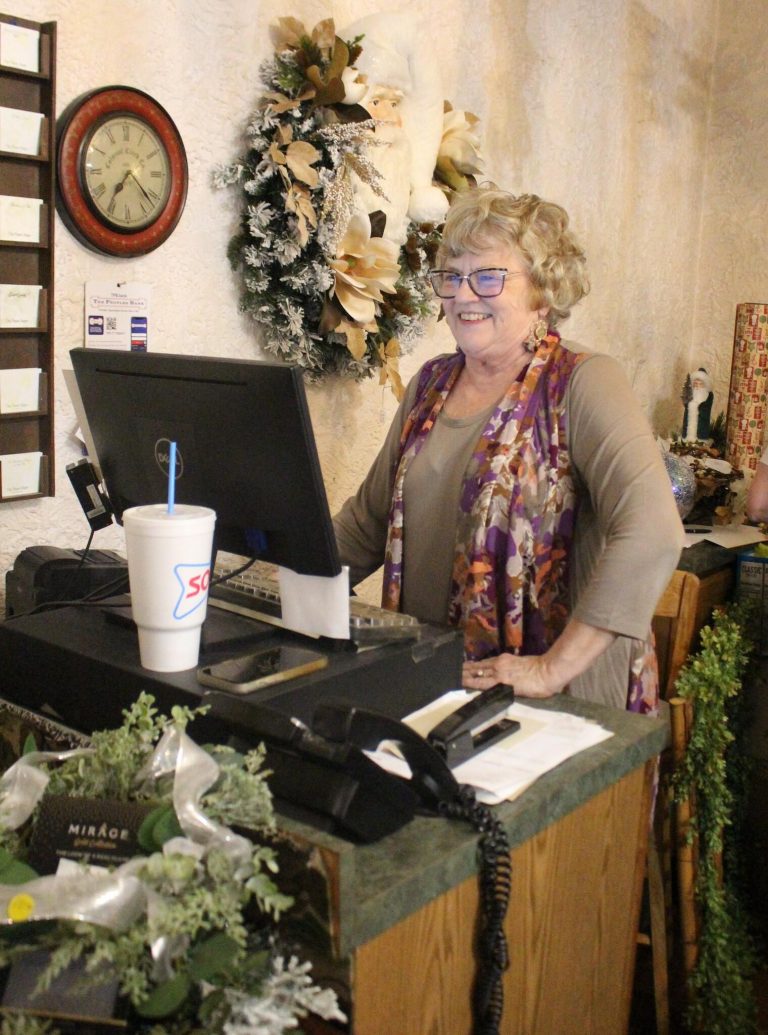By Tim Carpenter
KansasReflector.com
KCUR
TOPEKA — A major broadband provider and a coalition of smaller developers is not happy about lack of transparency at the Kansas Department of Commerce in awarding millions of dollars in state and federal funding to upgrade internet service in underserved areas of the state.
Concerns about the Department of Commerce’s grant-making process were shared with the Kansas Senate’s budget committee by a Cox Communications lobbyist and the executive director of Communications Coalition of Kansas, which represents locally owned rural internet companies and cooperatives.
The Department of Commerce has held a prominent role in selecting recipients of grants to address gaps where lack of private investment left merchants and residents with slow or nonexistent service. Upgrades to high-speed broadband have been touted as a key to education, economic growth, pubic safety and quality of life in urban and rural areas.
So far, the Department of Commerce said about $660 million has been earmarked for high-speed internet enhancements statewide.
Megan Bottenberg, a lobbyist with Cox Communications, said the company extended its services during the past five years from 92 communities to 119 communities largely through private investment. Cox received a grant to bring broadband to 1,300 homes in Shawnee and Jackson counties on the wrong side of the digital divide, but the company was unsuccessful with 67 other grant proposals.
“With the largest fiber-powered network in the state, Cox has applied for hundreds of millions of dollars, also committing our own dollars to those same projects, but won $6 million,” she said. “The seemingly imbalanced awarding of some of the grants has us scratching our heads.”
Bottenberg said in some cases Cox had a better cost-per-location rate than companies that won the funding. In at least two instances, she said, grants awarded by the Kansas Office of Broadband Development, or KOBD, resulted in creating excess capacity in Wichita where high-speed Cox internet service previously existed.
Good-old boy deals?
Joseph Le, interim director of the Kelly administration’s broadband development office, attended the Senate Ways and Means Committee hearing. He referred questions to the Department of Commerce’s public relations staff.
The commerce department’s spokesman didn’t immediately respond to requests for comment about management of the grant programs.
The previous director of KOBD, Jade Piros de Carvalho, was ousted in June. Piros de Carvalho said she made an unprofessional comment to the wrong person. She previously worked for broadband provider IdeaTek, which is KOBD’s private-industry partner on the $42.5 million Middle Mile Broadband program in Kansas.
Bottenberg said the only evidence was the public record of grant recipients, because the state’s decision process was obscured.
“Nobody knows if that process is objective,” she said.
‘A little friction’
KOBD was created in 2020 by executive order of Democratic Gov. Laura Kelly. The objective was to improve coordination of a surge in state and federal investment in broadband delivery. KOBD has operated out of the Department of Commerce and worked in conjunction with nine programs tied to broadband access in Kansas.
Bottenberg said part of Cox’s frustration was KOBD declined to provide detailed information about scoring criteria and results relative to grant applications. She said the Department of Commerce said documentation related to KOBD’s analysis of applications was for internal purposes only.
“How do you submit an application if you don’t know the categories and the point system available?” Bottenberg said. “That is why Cox has been concerned with KOBD’s lack of transparency in their grant programs.”
Sartorius, executive director of Communications Coalition of Kansas, said during the Senate committee’s meeting that problems recently developed in terms of coalition members’ interaction with KOBD.
“CCK members and other broadband providers feel there has been a decrease in transparency with respect to grant awards,” Sartorius said. “Feedback has become much more limited. Delineating with specificity the scoring matrices for grants and sharing where providers applications ranked in scoring would provide confidence that grants are awarded absent biases.”
The state’s goal has been to bring high-speed service to 100,000 more businesses and residences by 2026, however entire communities may be left behind due to inequity of grant awards.




